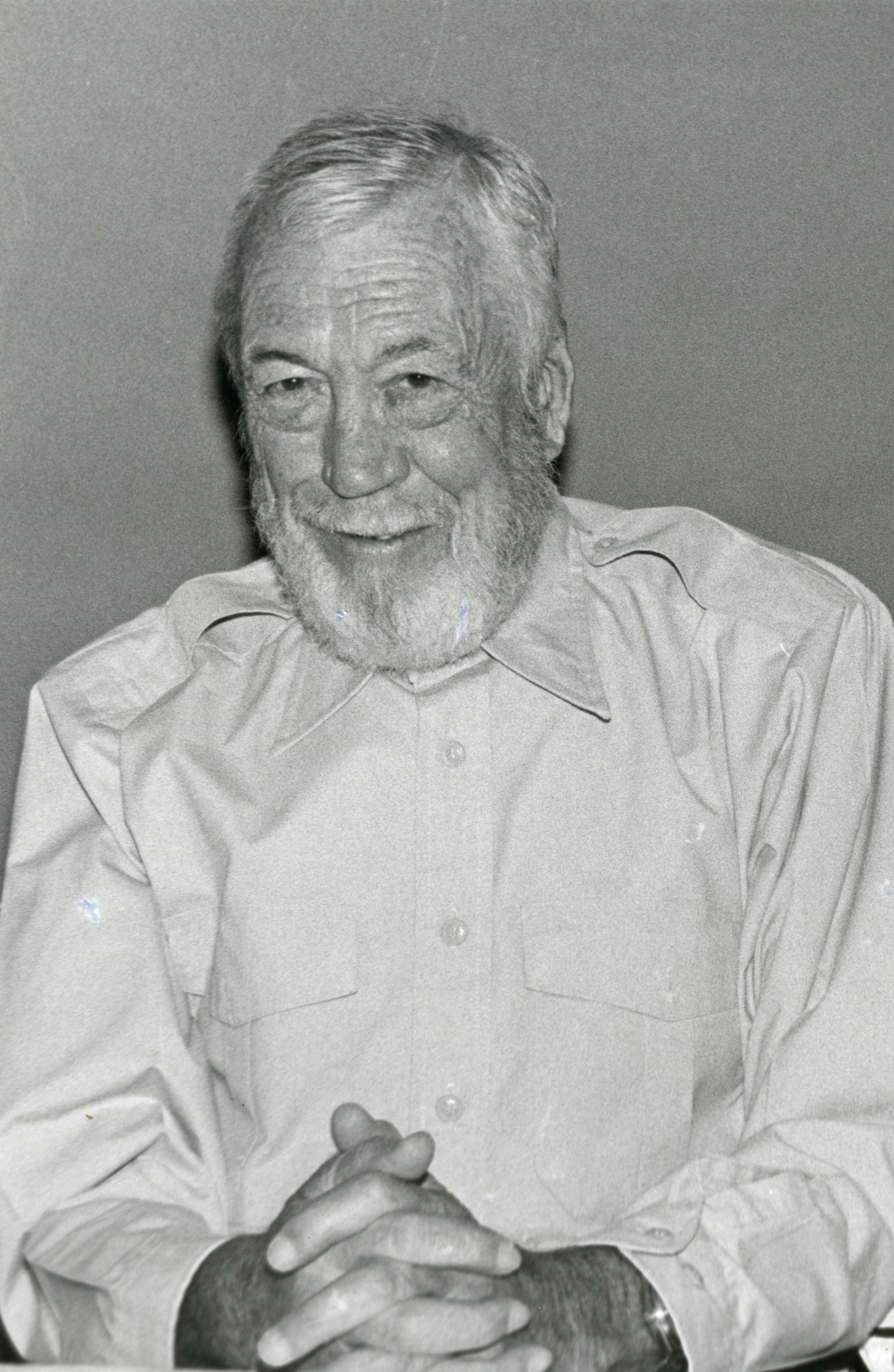
- Golden Globe Awards
Oral History: John Huston, from Vaudeville to Hollywood
For over 40 years the HFPA has recorded famous and celebrated actresses, actors and filmmakers. The world’s largest collection of its kind – over 10,000 items – is now in the Academy of Motion Pictures Arts & Sciences Margaret Herrick Library. An eccentric rebel of epic proportions, John Huston is a Hollywood titan who as reigned supreme as director, screenwriter, and character actor in a career that has endured over five decades. He was born John Marcellus Huston on August 5, 1906. In this excerpt from 1985 – the year of Prizzi’s Honor, which earned him his eight nomination and third Golden Globe – Huston recalls growing up in vaudeville, how it shaped his casting choices – and the delicate relationship between director and actor.“I was born in Nevada, Missouri. My grandfather won the town in a poker game. Walter Huston, my father, was an actor who traveled the West with a theatre troupe. For a brief period, he did a vaudeville act with a chicken that danced on one leg. Times got hard. Other vaudevillians said Walter ate the chicken. That was a bald lie. He ate only the leg the chicken didn’t dance on.My mother and I traveled the West with him. I got a taste for colorful people. When I make a movie, I like casting best. No question, my films are successful because of my casting. I choose charismatic actors with the ability to play a certain role.I directed Marilyn Monroe in her first movie, Asphalt Jungle, and her last, The Misfits. She was the embodiment of the characters she played.I give artists as much freedom and encouragement as I can to be themselves.Very often, as in Prizzi’s Honor, I get the artists together and say, ‘Look, work this scene out between yourselves’ I’d send the crew away and tell the actors, ‘Send for me when you’re ready.’ Half or three-quarters of an hour later they would have put a scene together. Usually, it was ideal and I wouldn’t have to do any directing at all.That is what being a director is – knowing when not to direct. Someone asked me a question about having conflict on the set. You don’t have conflicts with an actor. You get as much out of him as you can through encouragement. You give him heart and boldness and freedom to exercise his artistry.”

